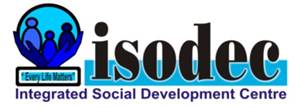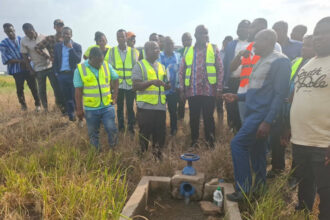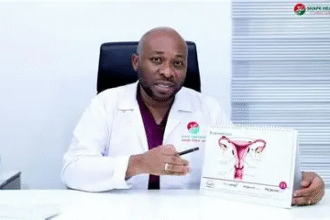About 25 percent of Ghanaians are likely to suffer kidney diseases due to a certain variation in their genes, research by the School of Medicine and Dentistry (SMD) of the University of Ghana (UG) and the Noguchi Memorial Institute for Medical Research has revealed.
Findings of the research show that variation in the said gene, known as the Apolipoprotein LI, increases the risk of kidney failure by 50 percent.
A kidney specialist at the SMD, Dr Dwomoa Adu, made this known during an interaction with the media at the third Biennial Conference of the College of Health Sciences (CHS) of the UG in Accra yesterday.
The three-day conference, organised by the CHS, in partnership with the H3 Africa Kidney Project and the UG @70 Committee, is on the theme: “Genetics, hypertension, diabetes and herbal remedies in chronic kidney diseases.’’
It seeks to provide a platform for stakeholders in the various institutions under the CHS and other related bodies to interact and discuss research findings.
Variation in genes
Dr Adu said although the major causes of kidney failure were hypertension, diabetes and inflammation of the kidney, another major cause was the variation of the genes, which was common in Africans.
The variation in the gene, he explained, was hereditary and was as a result of a certain resistance developed by ancestors of Africans to fight certain diseases many years ago.
“Kidney failure is common in Africans and it is about three to four times more common in Africans than Europeans, as a result of the variation in this gene.
“We found that about a quarter of Ghanaians have this genes variance and this variance increases their risk of developing kidney failure by 50 percent,’’ he said.
He further revealed that the people most likely to suffer kidney failure in Ghana were those between the ages of 20 and 50.
Research
Kidney failure is the situation whereby the kidney fails to perform its function of getting rid of toxins from the body.
In Ghana, it is estimated that one in seven people have some form of kidney problem, while 12,000 kidney-related diseases are diagnosed annually.
Dr Adu, who is a former President of the Ghana Kidney Association and the African Association of Nephrology, said the research about the link between kidney failure and genes was conducted over a period of eight years, starting from 2010.
The researchers, he said, studied about 4,000 individuals with kidney failure and marched their genes with about 4,000 individuals who had no kidney problems.
“We realised that the people with kidney failure had more of these genes, as compared with those without it,” he said.
Way forward
On how to reduce kidney-related diseases, Dr Adu advised people to regularly check their blood pressure and also take steps to manage it.
Also, he urged diabetic patients to get treatment and also take their medications on a regular basis.
“The key thing is monitoring and treatment. People with diabetes and high blood pressure should never stop taking their medications,’’ he advised.
For his part, the Provost of the CHS, Rev. Professor Patrick Ayeh Kumi, urged researchers to deepen their collaboration and come up with innovative research that would provide better remedies for kidney-related diseases.
Source: Graphic.com.gh














